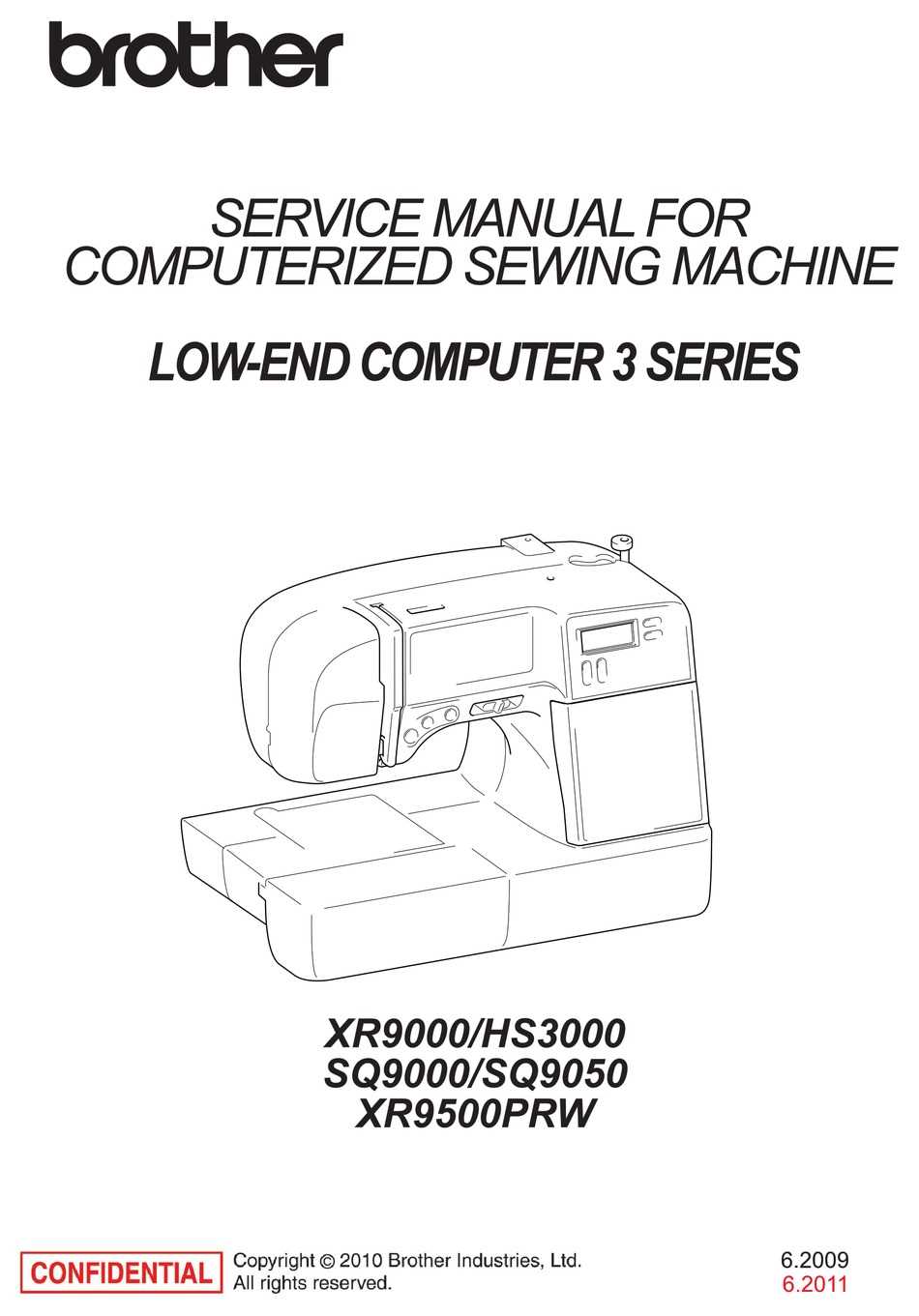
Understanding how to efficiently operate a new piece of technology is crucial for getting the most out of it. Whether you’re setting up a sophisticated machine or exploring its advanced functions, having clear, reliable guidance can significantly enhance your experience. This section provides comprehensive support for navigating through the setup process and utilizing various features of your latest gadget.
Effective usage often begins with familiarizing yourself with the core functions and features. Our detailed guide will walk you through essential steps, ensuring that you have a solid grasp of how to manage and customize your equipment. With clear instructions and practical tips, you’ll be able to optimize performance and make the most of every feature available.
For those who may encounter challenges or have questions about specific functions, this resource is designed to be your go-to reference. It aims to simplify complex procedures and offer straightforward solutions, helping you to troubleshoot and resolve any issues that might arise during use.
Overview of Features
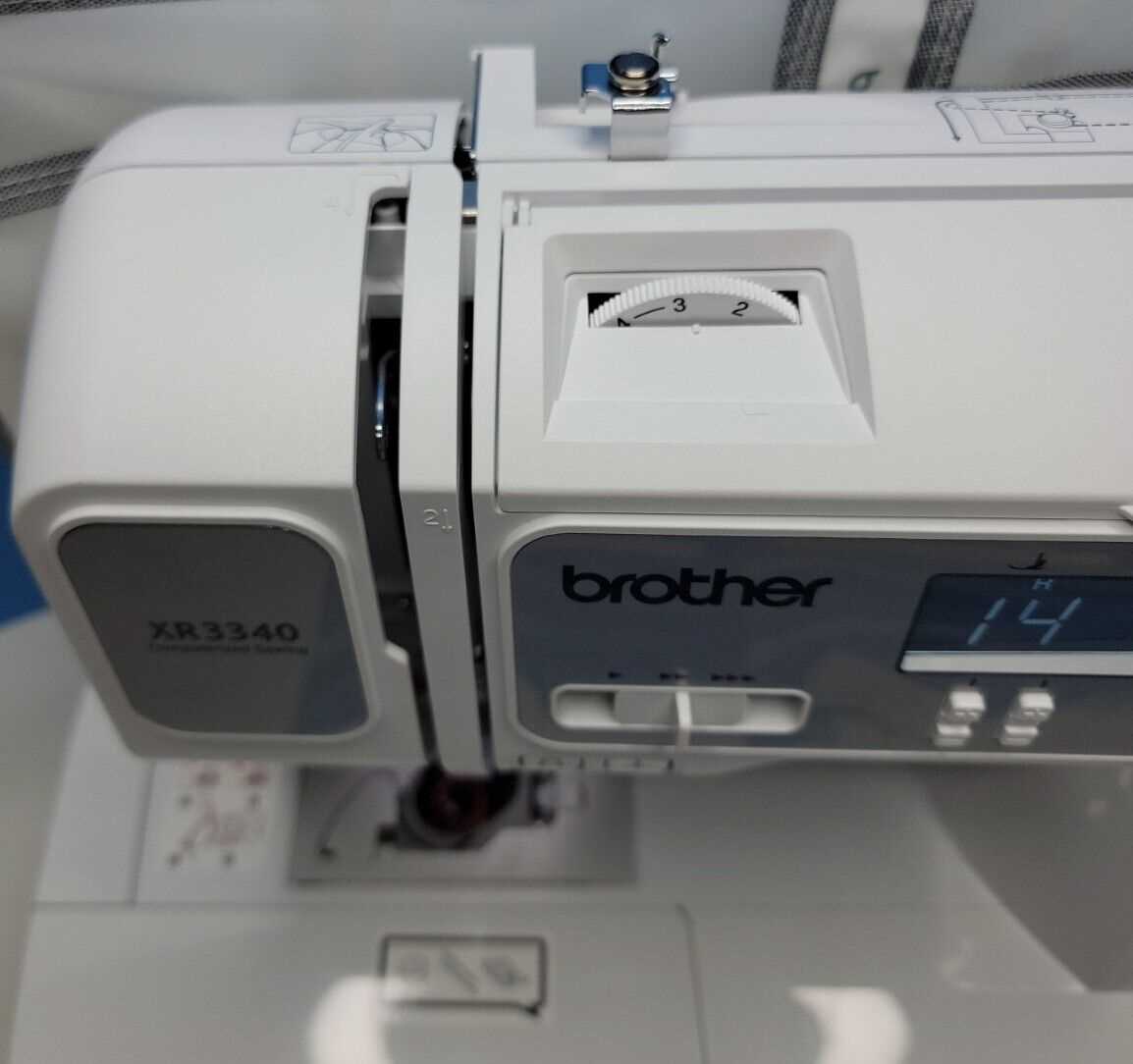
Exploring the capabilities of this advanced sewing machine reveals a range of functionalities designed to enhance both ease of use and versatility. From automated stitching options to user-friendly controls, the device caters to both novice and experienced seamsters alike. Below is a detailed look at the key attributes that set this model apart in the realm of home sewing equipment.
Main Features
This machine offers a plethora of features that streamline the sewing process. Key aspects include a variety of built-in stitch patterns, an automatic needle threading system, and adjustable stitch settings. Each feature is crafted to provide efficiency and precision, making it a valuable tool for various sewing projects.
| Feature | Description |
|---|---|
| Built-in Stitches | Offers multiple stitch options including basic, decorative, and buttonhole stitches, allowing for diverse sewing applications. |
| Automatic Needle Threading | Facilitates easy needle threading with a simple push of a button, reducing manual effort and saving time. |
| Adjustable Stitch Length and Width | Provides customization of stitch length and width to match specific fabric types and sewing needs. |
| Built-in Light | Ensures clear visibility of the sewing area, making it easier to work with intricate details and low-light conditions. |
Ease of Use
Designed with user convenience in mind, this sewing machine includes intuitive controls and a clear display. The straightforward interface simplifies the process of selecting stitches and adjusting settings. Additionally, the machine’s robust construction and reliable performance make it a dependable choice for a wide range of sewing tasks.
How to Set Up the Brother XR3340
Setting up your new sewing machine involves a series of steps to ensure it operates efficiently and effectively. This guide will help you get started by walking you through the basic procedures needed to prepare your machine for use. From unpacking to initial adjustments, following these instructions will ensure your equipment is ready for all your sewing projects.
Begin by carefully unpacking the machine and all its components from the box. Make sure to keep the packaging materials as they may be useful for future storage or transport. Place the sewing machine on a stable, flat surface in a well-lit area to make the setup process easier.
Next, connect the machine to a power source using the provided power cord. Ensure that the cord is securely plugged into both the machine and the electrical outlet. Do not use any other power cords, as they may not be compatible with your machine.
Once the machine is plugged in, it is important to install the needle and thread. Begin by selecting the appropriate needle for your fabric type and securely inserting it into the needle holder. Follow the threading guide to properly thread the upper part of the machine. Be sure to use the correct type and weight of thread for your projects.
To adjust the stitch settings and tension, refer to the control panel on the machine. Use the buttons or dials to select the desired stitch type and adjust the tension according to the fabric you are using. Make a few test stitches on a scrap piece of fabric to ensure that the settings are correct and the stitches are uniform.
Finally, consult the provided table below for a quick reference on commonly used settings and their applications. This will help you choose the best options for your specific sewing needs.
| Stitch Type | Application | Tension Setting |
|---|---|---|
| Straight Stitch | Basic sewing, piecing | 4 |
| Zigzag Stitch | Stretch fabrics, hems | 3 |
| Buttonhole Stitch | Creating buttonholes | 5 |
With these steps completed, your sewing machine should be fully set up and ready for use. Follow the instructions carefully to ensure a smooth sewing experience.
Basic Operation of the XR3340 Machine
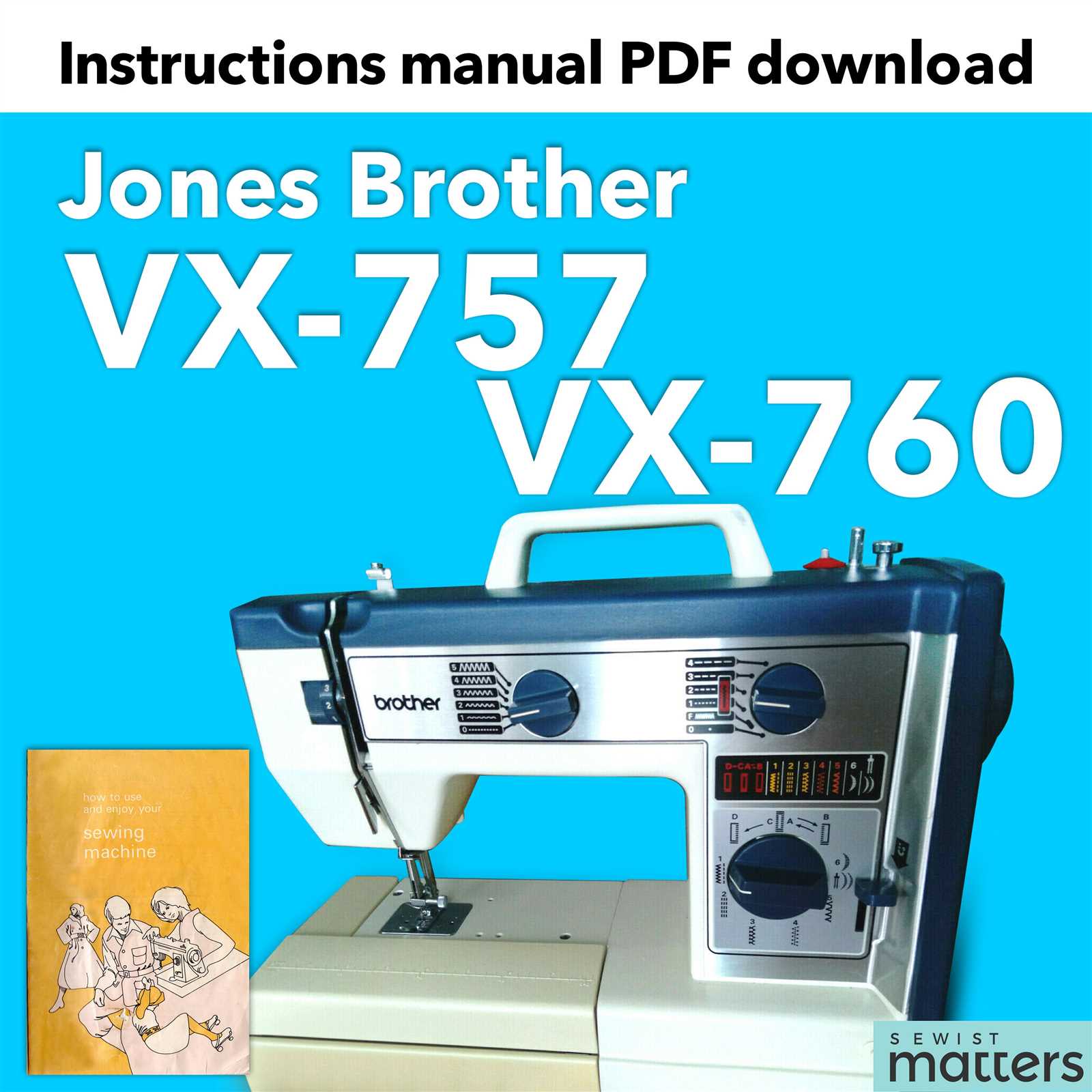
Understanding the fundamental procedures for operating this device is essential for optimal performance. This section provides a clear guide to the essential functions and basic steps required to get the machine up and running smoothly. Mastery of these basics ensures efficient use and helps in troubleshooting common issues that may arise during operation.
Initial Setup
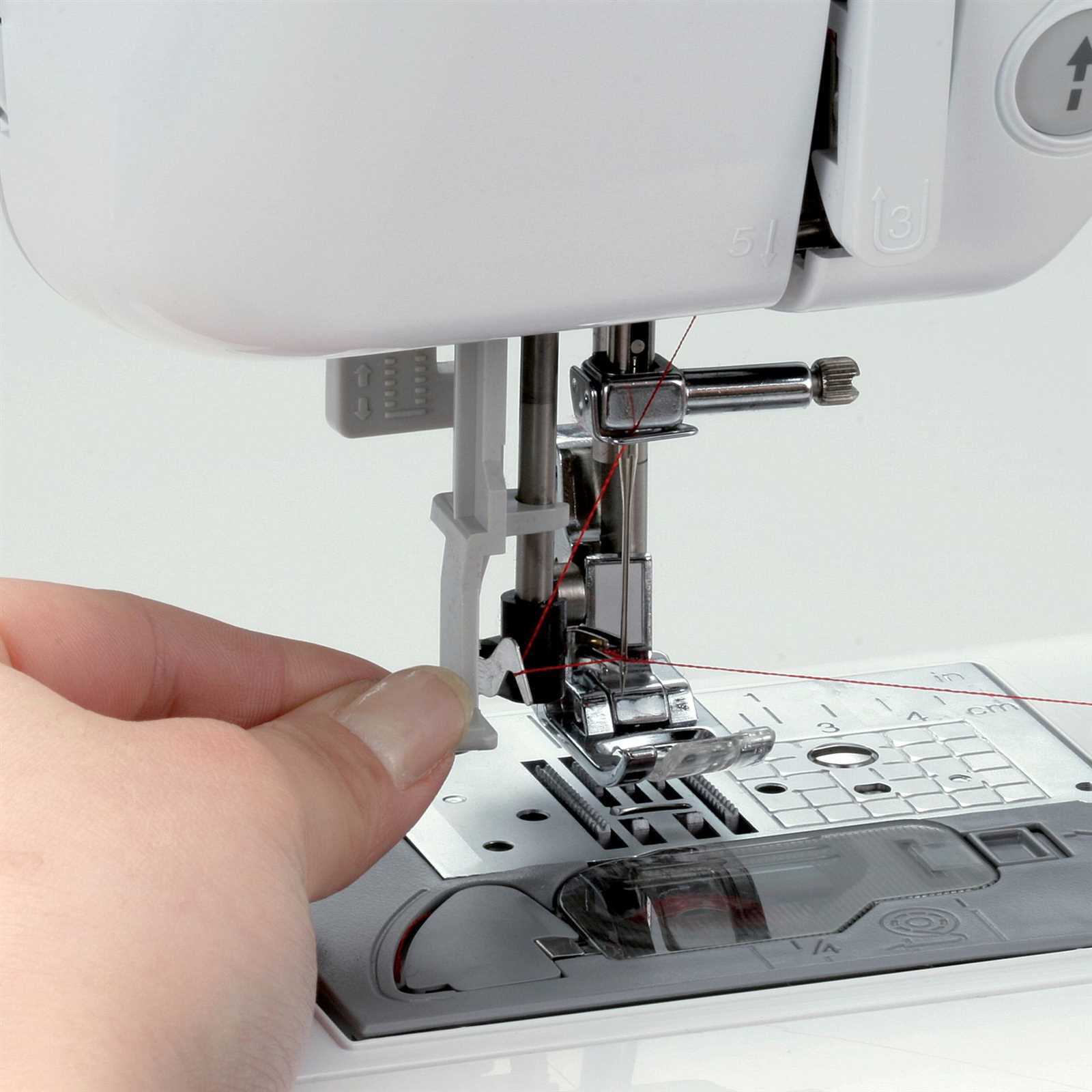
Begin by ensuring that the device is placed on a stable surface and properly connected to a power source. Follow the preliminary setup instructions to load paper and install any necessary components. Refer to the specific loading procedures for paper and cartridges to ensure that everything is positioned correctly.
Basic Functions
Familiarize yourself with the primary controls of the machine, such as the power button, function keys, and display screen. The main tasks include adjusting settings, such as print quality and paper size, and selecting the appropriate mode for your task, whether it be printing, scanning, or copying. Regularly consult the device’s control panel for updates or error messages and follow the on-screen instructions to address them.
Troubleshooting Common Issues
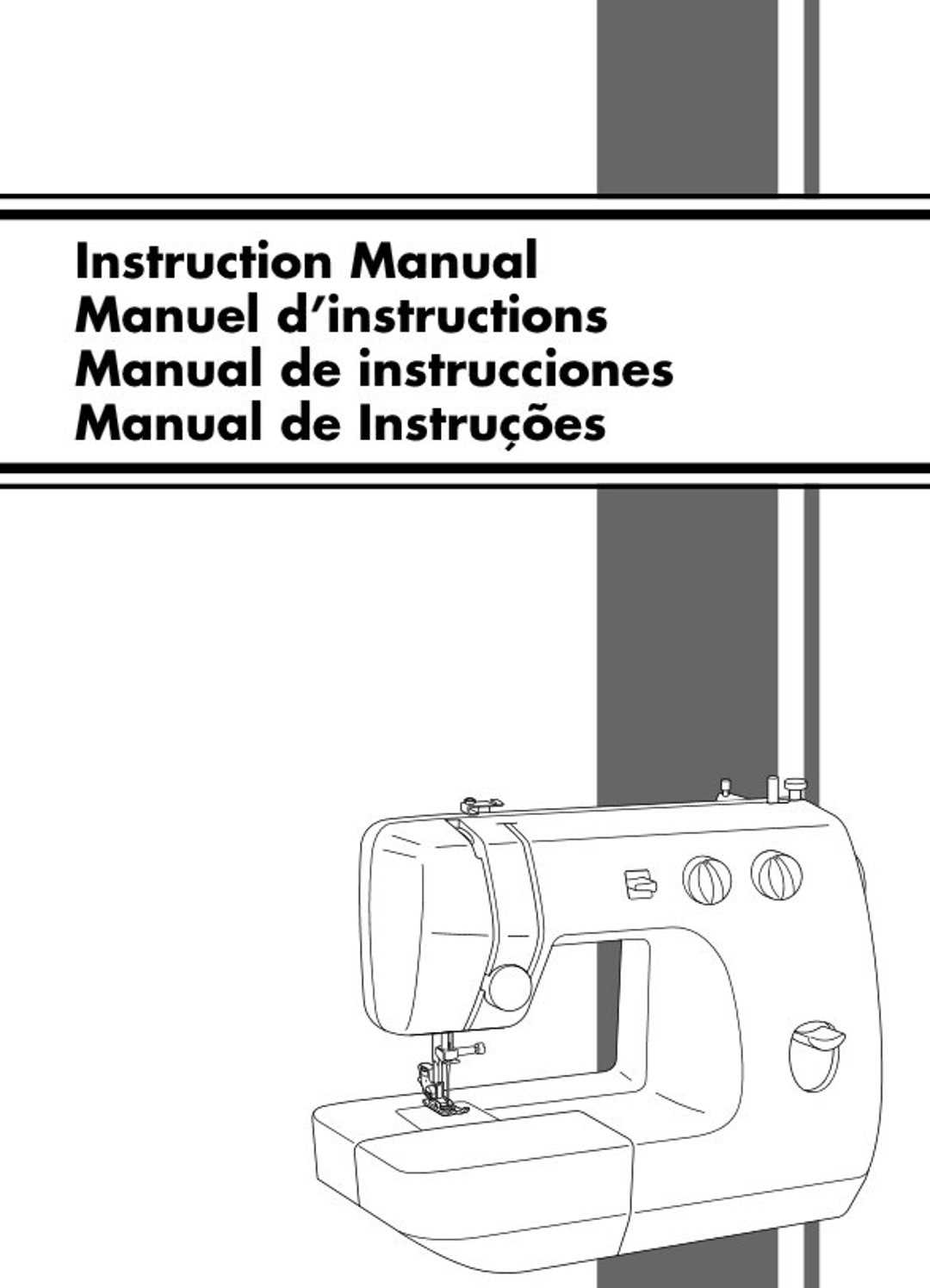
When using your device, you may encounter various challenges. This section aims to help you identify and resolve frequent problems to ensure smooth operation. By following these guidelines, you can address common difficulties effectively and get back to your tasks with minimal disruption.
Paper Jams
One of the most prevalent issues involves paper jams. To resolve this problem, consider the following steps:
- Ensure that the paper is properly loaded in the tray.
- Check for any obstructions or bits of paper in the feed path.
- Verify that you are using the correct type and size of paper.
- Inspect the rollers for dirt or wear and clean or replace them if necessary.
Connectivity Problems
If you are experiencing difficulties with connecting your device, try the following solutions:
- Make sure all cables are securely connected and that there are no loose connections.
- Check if the device is properly configured on your network or computer.
- Restart both the device and your router or computer to refresh the connection.
- Ensure that the relevant drivers or software are up to date.
Maintenance Tips for Longevity
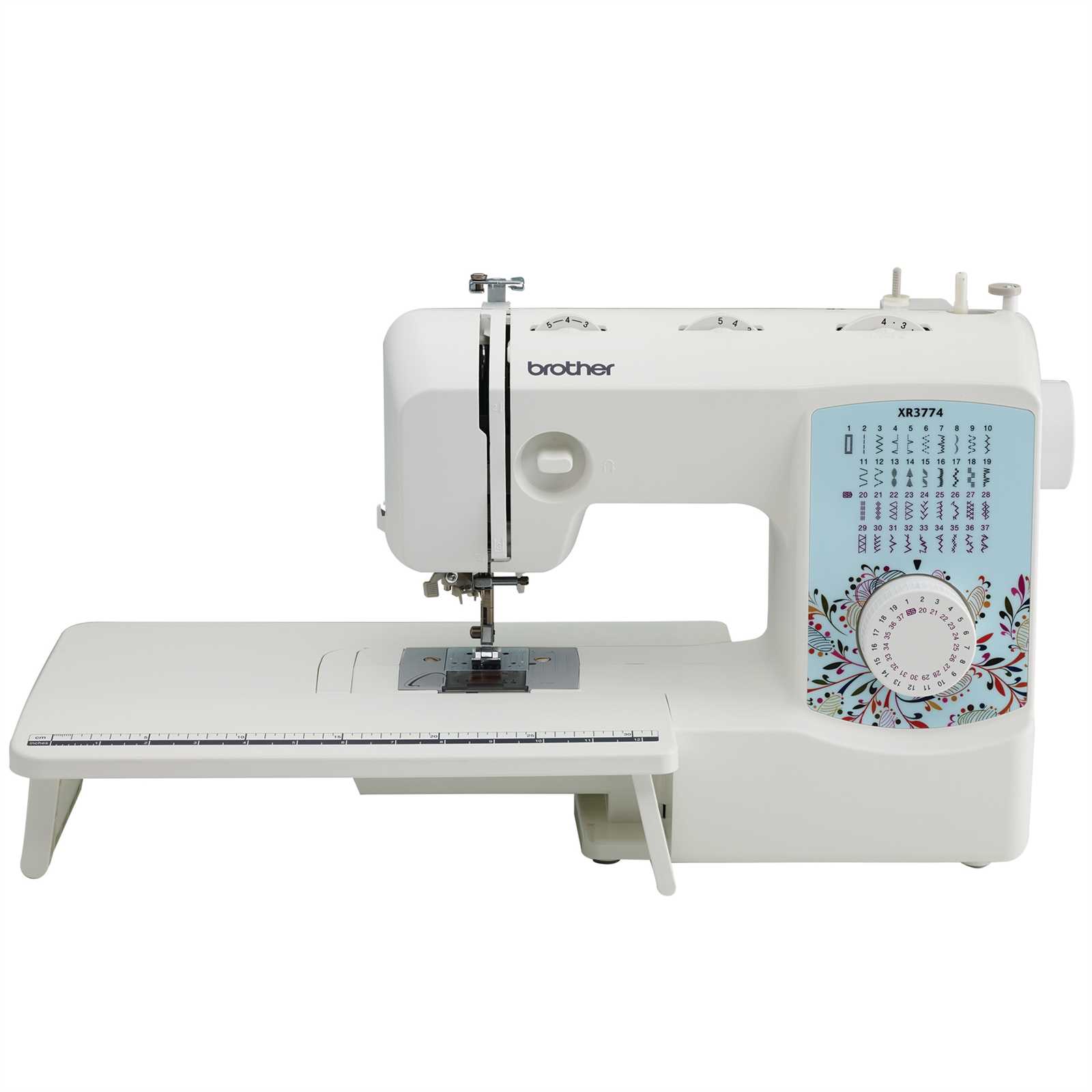
Ensuring the extended lifespan of your device involves consistent care and attention to detail. By following a few essential maintenance practices, you can keep your equipment running smoothly and efficiently. Regular upkeep not only enhances performance but also prevents potential issues that could arise from neglect.
Regular Cleaning
Maintaining cleanliness is crucial for optimal functioning. Dust and debris can accumulate inside the machine, potentially causing malfunctions. Periodically clean the exterior and interior components according to the manufacturer’s recommendations. Use appropriate cleaning materials and avoid abrasive substances to prevent damage.
Timely Replacements
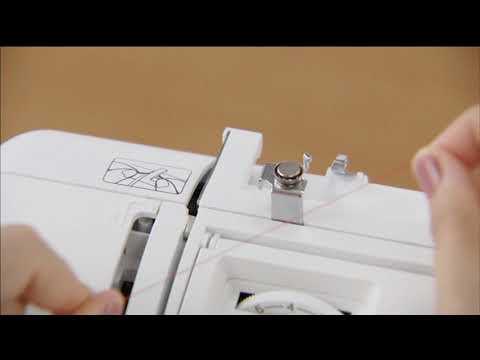
Routine checks and timely replacements of consumable parts such as cartridges or drums are essential. Follow the suggested replacement intervals to avoid any performance degradation. Using high-quality components and adhering to recommended schedules will ensure the longevity and efficiency of your device.
Advanced Functions and Customization Options
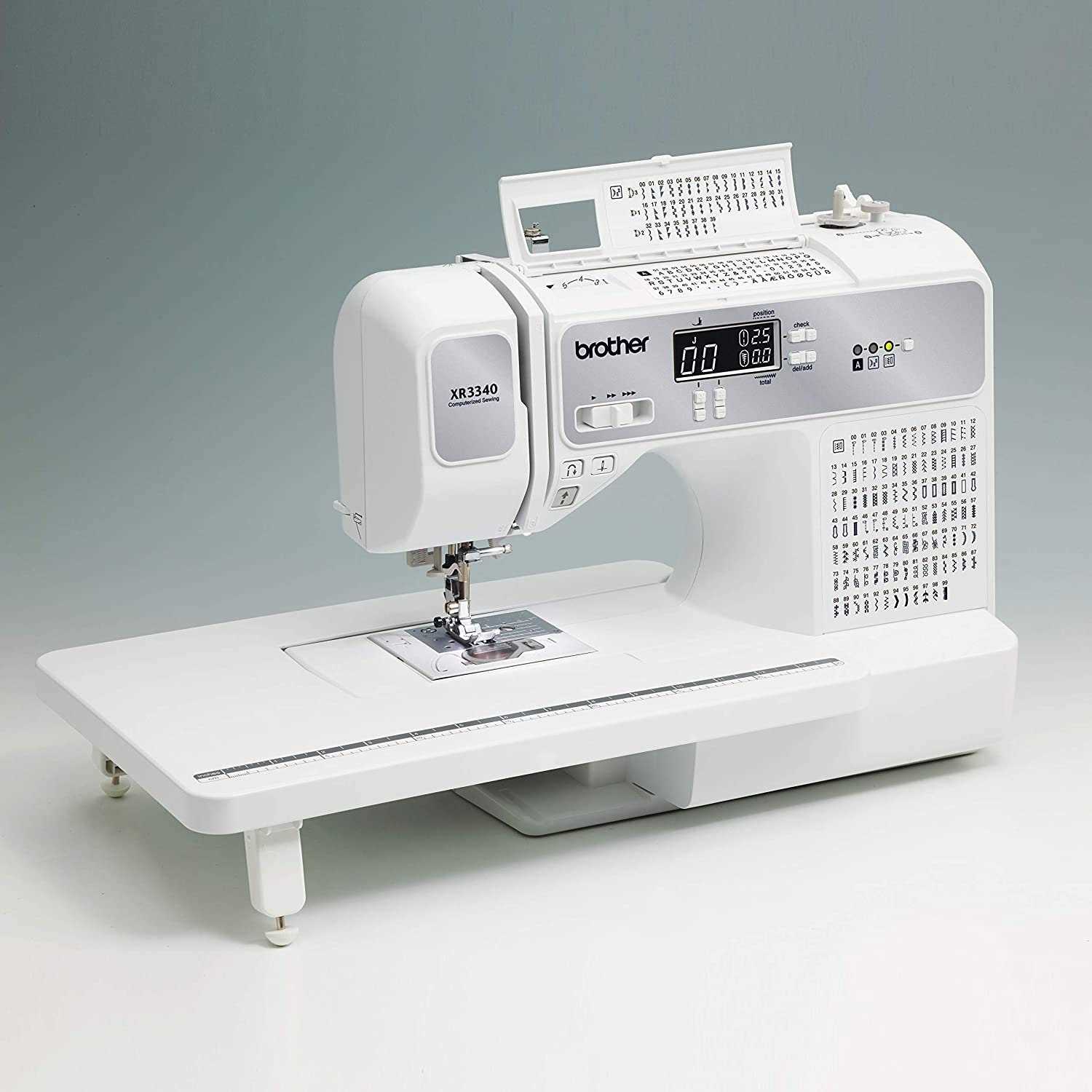
Modern devices often come with a range of advanced capabilities designed to enhance functionality and tailor performance to individual needs. These features enable users to adapt the equipment to specific tasks and preferences, offering a more personalized and efficient experience. This section delves into these sophisticated functions and customization possibilities, aiming to provide insights into how users can fully leverage their device’s potential.
Exploring Advanced Features

Many contemporary devices include specialized options that go beyond basic operations. These advanced features may encompass various settings such as automatic adjustments, user-defined preferences, and sophisticated performance enhancements. By exploring these options, users can optimize their device for particular applications, improving overall effectiveness and satisfaction.
Customization Settings for Personalization
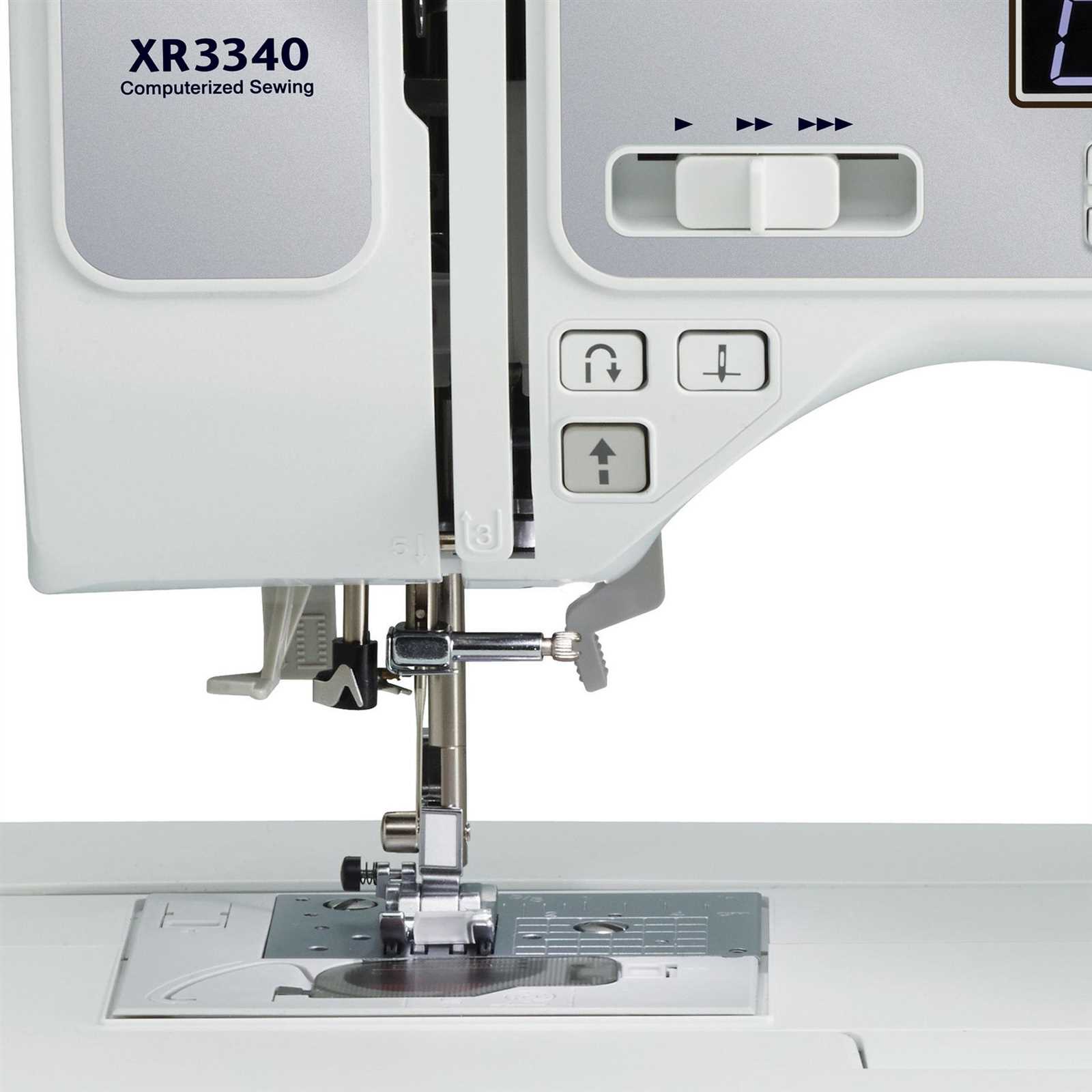
Customization settings offer the ability to tailor the device’s functionality to meet personal or professional requirements. These adjustments may involve configuring preferences related to display, notifications, or operational modes. Utilizing these settings allows users to create a workspace that aligns with their specific needs, thus increasing productivity and ease of use.
Understanding and applying these advanced functions and customization settings can significantly enhance the user experience, providing greater control and adaptability for various tasks and preferences.